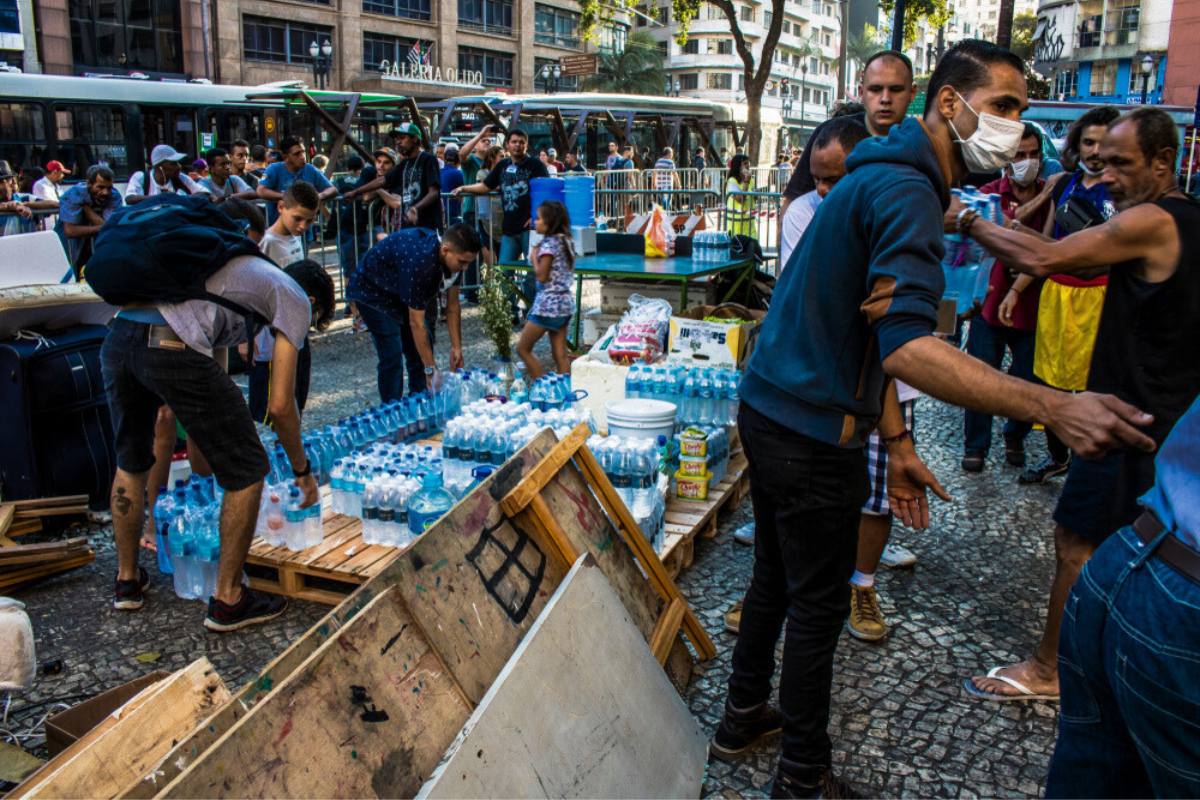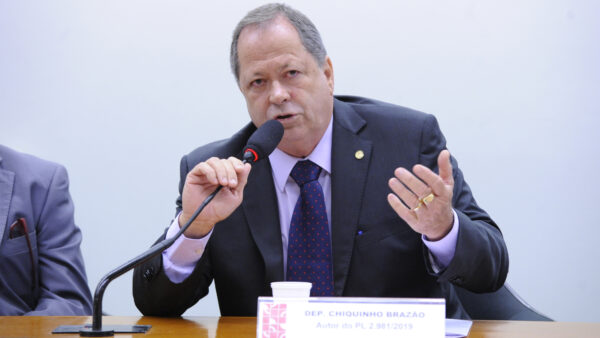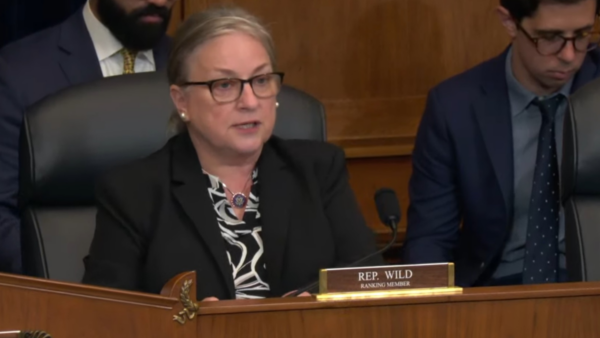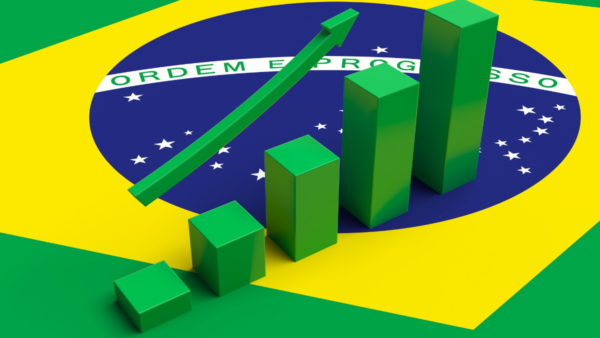Gender and race are proxies for hunger in Brazil. Black households are twice as likely to experience hunger as white ones — and hunger is even likelier in households headed by black women. Per Rede Penssan, a food security research network, hunger affects 33.1 million people in Brazil.
Almost two-thirds of black families dealt with some kind of food insecurity between November 2021 and April 2022, per Rede Penssan’s latest study. Only 30 percent of households led by black women are in a situation of food security.
Hunger is mostly concentrated in the North and Northeast regions, touching households where the family head has little to no formal education.
The data comes from the second National Survey on Food Insecurity in the Context of the Covid Pandemic in Brazil, released on Monday.
The report says that factors such as “high unemployment, precarious work, loss of social rights, and a drop in purchasing power” were exacerbated by the pandemic, leading to a serious deterioration of living conditions in Brazil. At the end of 2020, around 9 percent of Brazilians were hungry, a rate now reaching 15 percent of the population.
“Such factors led to the increase in inequality levels; added to high inflation, particularly of food prices, they hurt the purchasing power of the most vulnerable more intensely,” the report states.
Rede Penssan highlights that the Brazilian population generally lives with a very low monthly income — the per-capita income for 37 percent of Brazilians is less than half the BRL 1,320 (USD 277) minimum wage. This part of the population is highly exposed to price variations. Last year, The Brazilian Report published an in-depth report on how the burden of Brazil’s recent economic crises has led to the resurgence of the country’s hunger crisis.


 Search
Search











































